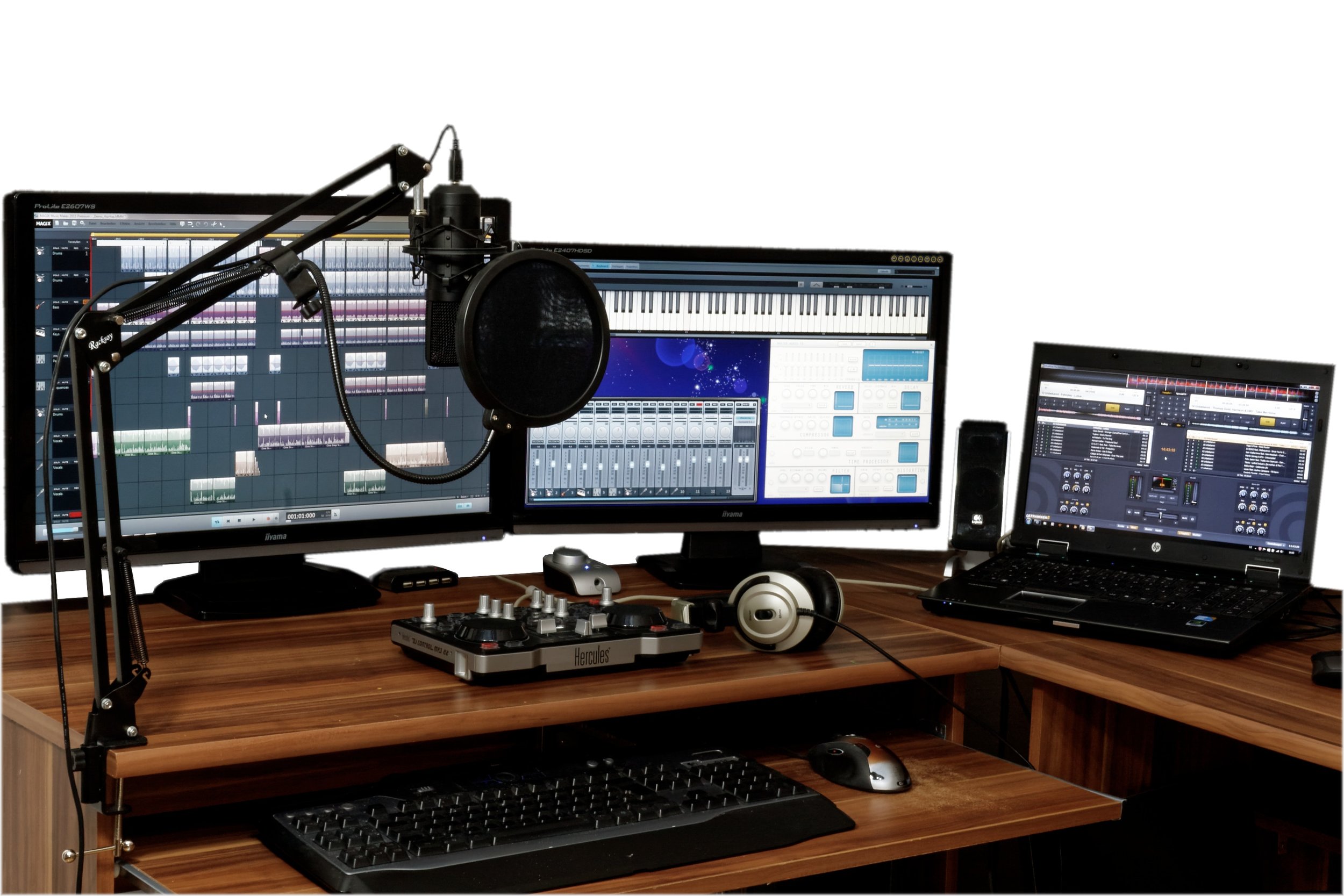Producing a Podcast Part 1: Pre-Production
Similar to other types of productions like film or television, you can divide the process of creating a podcast into three distinct phases: Pre-Production, Production, and Post-Production. Let's take a closer look at the first of these phases, Pre-Production, and the types of tasks you should complete during it.
Research
The first element of the Pre-Production process will be to complete any required research for your episode. The extent of this research will depend heavily on the type of show you are producing - be it an interview, discussion, or narrative podcast. If you have an interview show, you will want to do some homework on your guest, their background, any recent developments in their life or work, and anything they may be promoting at the moment. If your show is in more of a narrative format, you'll want to research not only the history of the topic, but any possible recent news or changes so that your episode is current and not relaying out of date information.
Booking and Prepping Guests
If your show will be featuring guests, scheduling them will obviously be part of your Pre-Production process. You'll want to make things as easy as possible for them, so coordinate your schedules and give them a few options for different dates/times and be flexible and willing to work around their schedule. Also discuss how you will connect and record the episode, and make sure any technical elements are clearly covered.
You'll also want to prep them a bit and let them know what you will be discussing. You can share links to past episodes with them so that they can familiarize themselves with the show and its format, and you can also pass along episode outlines. Which brings us to our next task...
Episode Outlines
One of the great and highly appreciated aspects of podcasts, is that they are often unscripted and come across as very natural and "off-the-cuff". This can obviously vary from show to show, but by and large it is a common aspect of podcasts. This doesn't necessarily mean however that you should go into the recording of your show completely cold. A great way to increase the professionalism of your show is to create outlines.
Your outline can be as simple or as detailed as you like, whatever works best with your style and preferences. Some good things to include are episode titles, episode numbers, guest names, record dates, publishing dates, segments, and questions (if it’s an interview show).
If you have a desired episode length in mind that you are trying to reach, it is also a good idea to put time markings throughout your outline. So for instance you can put 0:00 at the top, and then at segment 1 you can put 05:00, at segment 2 you can put 10:00, etc... This way when you record, you can have a timer running, and you can follow along and know about where you should be by the 5 minute mark, 10 minute mark, etc... This will help you pace yourself and know if you need to speed up or slow down. You can make edits and work with this during Post-Production as well, but its always best to get things right at the source during the recording of the show.
Collect Clips and Media
If your show will feature any media such as AP Clips, extracted audio from other sources, music, or anything else, you will want to collect all of this during Pre-Production, before you actually hit record. The reason is because if you record your episode and start discussing some of this media with the intention to add it in later, and then for some reason are not able to (due to an inability to access it, licensing issues, etc...) then you have dug yourself a hole and now will need to remove that portion of the episode that you already recorded. So try to avoid this, and secure all of your media before you actually hit record.
Test your Setup
This is often overlooked, especially if you've already been podcasting for a while, but it can be huge. Before you record every episode of your show, run a quick test of your recording setup. This means actually recording 1-5 minutes of audio, exactly as you would for the real show, and then listening back.
Firstly, is all of the audio being picked up? Does it sound clear and high quality? Are there strange noises (background hum, electrical noise, static, hiss, etc...?) These are all things you want to check and fix any issues with before recording the full episode. You don't want to be in a situation where you just recorded an hour long show only to find out the audio is unusable. Further, if you have a guest, then it's not even just up to you to re-record the episode, you'd have to reschedule with them which may not be easy, and would be very unprofessional.
So save yourself a potential headache, and just take a quick 5 minutes to test everything out before you record. Even if you have a setup that has been in place for a while and that you've used many times. Audio and technical issues sometimes spring up unexpectedly, so be safe and do a quick check.
Hopefully these tips help you plan and execute a great Pre-Production process for your show. Everything starts here, so take your time and do things properly to ensure a successful podcast episode production. Check back next week as we take a closer look at the next phase, Production.
Need help with the production of your podcast? We’d love to work with you! Fill out our contact form and we’ll be in touch right away.
Are there any other steps you take as part of your Pre-Production process that we may have missed? Let us know in the comments!





